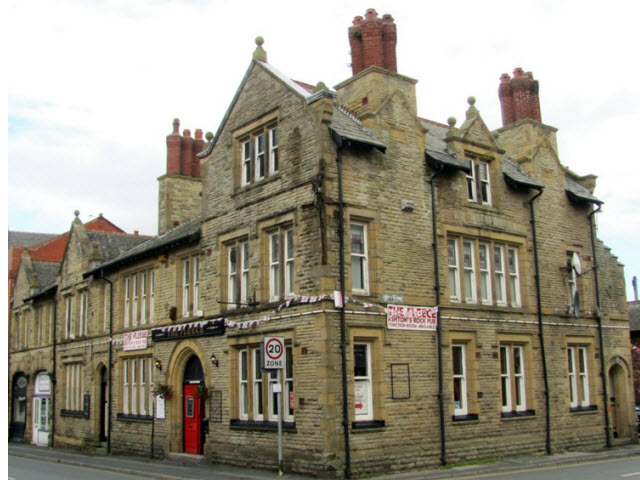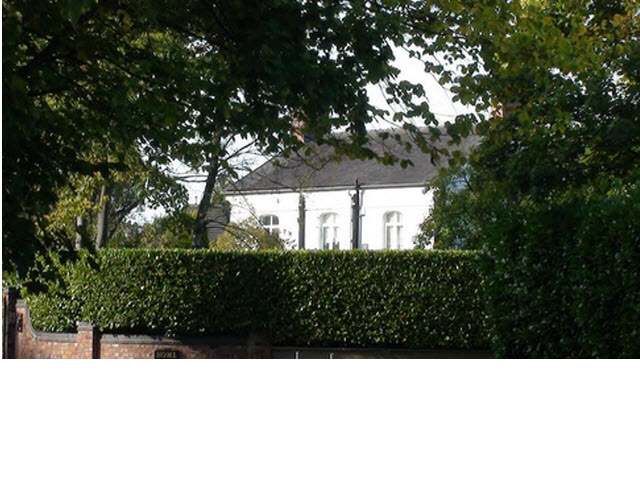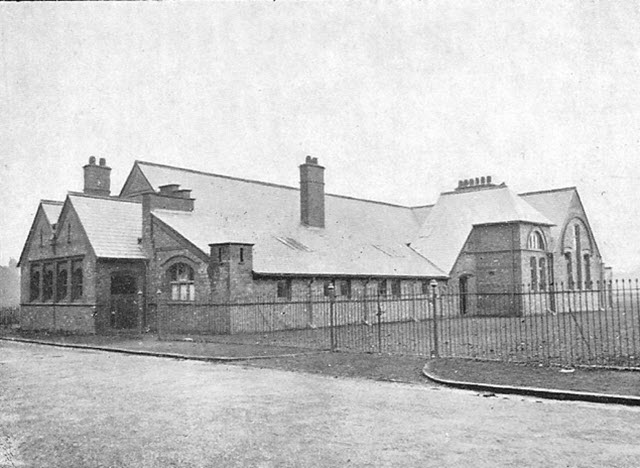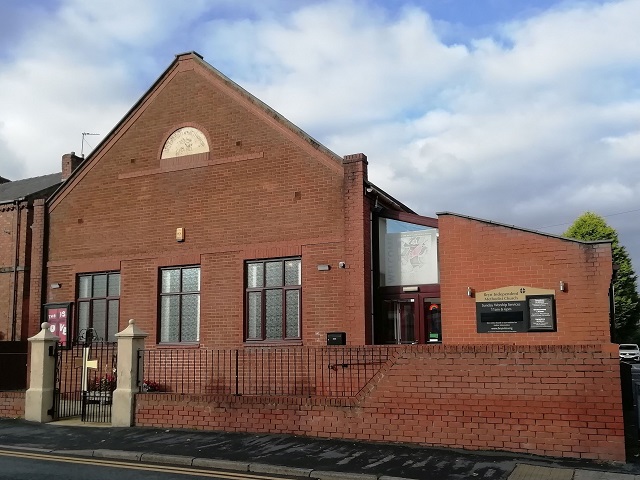Fleece Inn
9 - 11 Heath Road, Ashton
Part of Group:
At Risk: No
Description
“People made their own entertainment, and Ashton certainly helped them do it. It had thirty-nine pubs -as I was to discover one by one as I got older- and about twenty clubs, Miners' clubs, Labour clubs, Tory clubs, Working Men's clubs, and so on...”
[From “Battered Cherub: The Autobiography of Joe Gormley” (Hamish Hamilton, 1982)]
The Fleece is one of the oldest pubs in Ashton in Makerfield, dating from at least 2 May 1740 and probably much earlier. On that date it was purchased, as an investment, by the trustees of the Apprentice Stock Charity. This brought the establishment within the purview of the Charity Commissioners, in whose reports some of the subsequent history is recorded:
“In 1817 the Fleece-inn was for the most part taken down and rebuilt, and a new slaughter-house and butchers shop erected on the back part of the said premises, the expenses of which amounted in the whole to £548, according to the particulars entered in the minute-book...
The principal part of these premises, comprising the public-house, with a stable and brewhouse, which were built in 1826 and 1827, is let to James Eckersley, brewer, on lease, for the term of nine years from 12th May 1828, at a good yearly rent of £47. The leasee however took possession of the premises on 25th October 1827, under an agreement that he was to pay rent at the rate of £47 a year from thence to the period when the term in his lease was to commence. The butcher's shop and slaughter-house, &c. which was erected in 1819, is let to James Wood, as yearly tenant, at a good rent of £7...
In 1826 and 1827 a sum of about £230 was laid out in building a new stable, hayloft and granary above, and a brewhouse and pantry at the Fleece Inn...”
Memoranda and statements of account relating to The Fleece at this period are preserved at Wigan Archives, ref. DP3/21/1. According to a return made to Wigan Licensing Division, The Fleece offered stabling for up to 8 horses, had two beds for overnight guests and could feed parties of up to 12 persons.
In 1886, following an investigation by the Charity Commissioners, the Apprentice Stock Charity was wound up and its assets -including The Fleece- were transferred to the Ashton in Makerfield Grammar School. The School trustees were later authorised to sell their interest in The Fleece, and this seems to have occurred about 1889 (Wigan Archives, ref. D/DS 55/A/46).
A legal requirement that public houses be identified by a sign of some sort was introduced in 1477. Since most people were then illiterate, the sign was often a pictorial representation of the main activity of the establishment's patrons. As one historian explains, “the hostelry did not assume the name of the sign, but was known as [for example] ‘the inn at the sign of the sun’”. Thus, a “wanted” notice issued following a local mail robbery in November 1800 refers to the suspect having been seen “at John Pennington's, the sign of the Fleece, in Ashton”. “Fleece” would seem to indicate a connection with the wool trade, but the 1740 indentures show that The Fleece had previously been “known by the sign of the Bulls-head”. As late as 1893 the premises were still being used for transacting cattle sales, as this hilarious report from The Wigan Examiner of 4 November 1893 makes clear:
“A COW IN A SOLICITOR'S OFFICE. At 4 o'clock on Tuesday afternoon, a cow belonging to Mr George Phythian, Garswood, while being driven up Hardshaw-street, St Helens, rushed into the office of Mr Joseph Massey, solicitor, mounted up two flights of stairs and in its fright jumped through a window and landed on the roof of an office occupied by Mr W W Gandy, architect. The force of its fall drove the animal's hind legs through the roof, and made them visible above the stairs in Mr Massey's office. A great crowd gathered round, and ropes were secured to hoist the animal up and pull it from its awkward predicament... The animal had been sent to the Fleece Hotel sale, but as it was unsold it was being driven home”.
Source:- Makerfield Rambler Link




